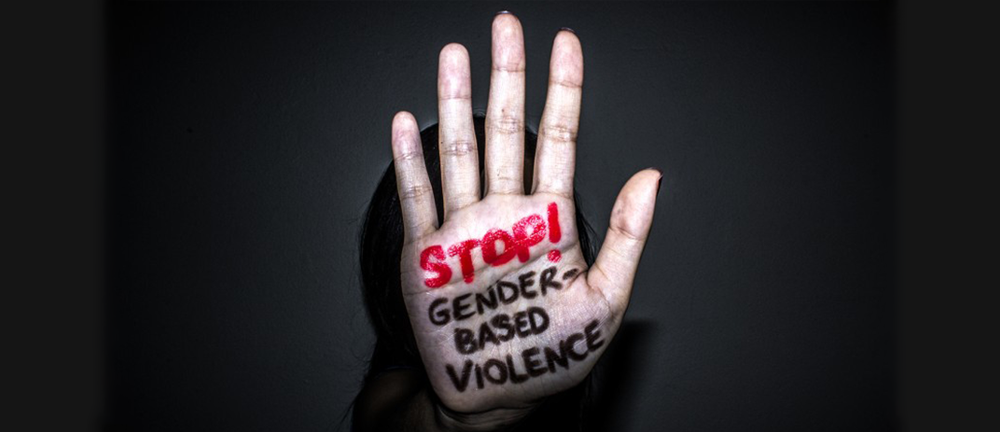While violence against women cuts across socio-economic divides, working-class women are particularly exposed both to violence—especially violence from strangers—and to its economic effects.
Urantsetseg Tserendorj was an office cleaner who was attacked in the Financial Services Centre in Dublin as she made her way home from her shift in January 2021. She died from her injuries two weeks later.
Cleaners, health workers, pub and restaurant workers: it is working-class women who are most likely to have to walk or take public transport to and from their work late at night, exposing them to the kind of random attack that killed Urantsetseg Tserendorj.
Working-class women are also least able to escape situations of domestic violence and build new, safer lives for themselves and their children. The fewer a woman’s financial resources the less able she will be to gain access to support and alternative accommodation.
It is not surprising, therefore, that in 2015 the European Federation of National Organisations Working with the Homeless found that violence is the most common reason for women becoming homeless.
While a woman escaping domestic violence might stay for a short period at a women’s refuge, these services are under increasing strain, especially against the background of the covid-19 pandemic. There are nine counties in Ireland with no women’s refuge emergency accommodation, while others may have no available beds at any given time.
A woman may therefore be forced to stay in a homeless shelter or to obtain insecure temporary accommodation with friends or family. In the worst case she may be forced to sleep rough. Such circumstances inevitably undermine a woman’s ability to obtain or to keep a job.
Tackling violence against women and girls requires a collective approach.
We need to address the precursors of violence—the verbal aggression, the remarks, the “slut-shaming,” the everyday sexism—until they become unacceptable. And for this, women need men and boys to be our allies. We need them to shut down conversations that disrespect women. We need them to shut down the suggestive remarks. We need them to shut down the inappropriate messaging. We need them to shut down the social-media trolling.
That all-of-society approach must be underpinned by policy measures, and that means resources. It also means explicitly recognising the class dimensions of violence against women and its effects, and designing policy responses accordingly.
Paid domestic violence leave is one concrete measure that would help women to get out of an abusive relationship and find a new home for themselves and their children. In December 2021 the Department of Equality announced that a report on such a scheme was being prepared as a preliminary to a consultation process; and in January Sinn Féin tabled a bill that would give survivors of domestic violence a statutory entitlement to ten days’ paid leave.
In response, the Government has stated that it intends addressing the issue when enacting the EU Work-Life Balance Directive later this year. It will be up to socialists inside and outside the Dáil to ensure that this does not fall off the legislative agenda.
Paid domestic violence leave must be matched by social welfare provision. While the short-term rent supplement scheme for survivors of domestic abuse is helpful, it is available only for a limited period, and the protocol governing it is subject to interpretation by community welfare officers. If a woman is approved for either the rent supplement scheme or the housing assistance payment, a shortage of rental accommodation locally may still be a barrier.
Even if a woman is able to obtain accommodation, the transition will inevitably entail costs, and women may fear that means-tested payments would still be assessed on their partner’s (or former partner’s) means.
Violence against women and girls may be understood as an expression of unequal power relations between women and men. In the case of Urantsetseg Tserendorj it is worth noting that the attack was one of random violence and not at the hands of her partner or even someone she knew.
Violence against working-class women is further magnified by the economic power relations both inside and outside the domestic setting. It is a lack of economic power that exposes women like Urantsetseg Tserendorj to a hazardous walk home after a shift cleaning offices, and that can make it financially difficult for a woman to escape an abusive relationship and find a place of safety.
The Government’s promise to establish a new statutory agency to address domestic, sexual and gender-based violence is welcome. However, a policy response to gender-based violence that does not take account of, and respond to, economic power relations is unlikely to succeed.






